Within weeks of launching his campaign to be mayor of New York City, Zohran Mamdani declared that he was also running to be the first South Asian mayor. He began aggressively courting this demographic, which accounts for around five percent of the city’s population, as well as the seizable total Asian population of almost 15 percent.
Mamdani reached out to the desi community with the help of the Indian subcontinent’s great unifier, Bollywood. The Hindi film industry that even those who don’t speak the language in South Asia can relate to. He used a 1980 Bollywood song “Meri Umar Ke Naujawano”, roughly translating to “my fellow youngsters”, to explain the NYC’s ranked choice voting system using popular desi drink, the lassi, as prop.
And his mayoralty would be another first, although he didn’t state it: he would be New York City’s first Muslim mayor. Mamdani’s political masterstroke was to harness the Muslim vote without a dedicated Islamic campaign. He embraced a “pro-Palestinian” label which, when coupled with his Muslim identity, is as good as an any Islamist rallying cry. With nary a whisper, let alone a criticism, of Islamic radicalism anywhere in the world, Mamdani sealed the vote of the one million strong Muslim community in NYC with emotional expressions of Muslim victimhood.
Another issue allowed him to quietly stake out his claim to the Muslim vote too: Israel. Mamdani said he would have Benjamin Netanyahu “arrested” if the Israeli premier were to come to New York City and has defended the call to violence “globalize the intifada.”
When asked about Israel’s right to exist as a Jewish state in an interview earlier this month, Mamdani said, “I am not comfortable supporting any state that has a hierarchy of citizenship on the basis of religion.”
Neither the now Democratic nominee for New York City, nor indeed his Muslim voters, would appear to realize that this describes the overwhelming majority of the around 50 Muslim majority countries, many of which establish this hierarchy by codifying violence against any critique of Islam. These include Iran, which autocratically enforces Mamdani’s Shia sect of Islam and upholds ‘death of America’, the country whose largest city he aspires to become the chief executive of, as a state policy.
Neither Iran, nor indeed Saudi Arabia, have been criticized by Mamdani for their Islamic totalitarianism and Muslim imperialism. Nor has Pakistan or Bangladesh, which makes up part of his South Asian identity, where radical Islamization has resulted in crackdowns on religious minorities, especially the local Hindu populations.
Mamdani’s carefully crafted campaign, which featured an ad exclusively in Bangla, the national language of Bangladeshis – who make up over a quarter of the South Asian immigrants in New York – built on his activism focused on targeting Hindu nationalism in India, but not Muslim nationalism in the two countries flanking it on either side.
The son of renowned Indian filmmaker Mira Nair, Mamdani has embraced his mother’s self-criticism of her country and the extreme proponents of her religion, but wouldn’t express the same for the Islamic faith that he inherited from his father Mahmood Mamdani, an author of numerous books, many of which dissect Western imperialism.
Zohran Mamdani’s wife, Rama Duwaji, is an artist and illustrator of Syrian origin, based in the UAE. She has said that she relates more with her Arab identity than American. Her work too has focused on American imperialism.
The absence of Duwaji from much of Mamdani’s campaign prompted critics to claim he was “hiding” her. Mamdani defended her absence saying that, “Rama isn’t just my wife; she… deserves to be known on her own terms”. Perhaps Mamdani thought that Duwaji’s secular lifestyle might alienate Muslim voters? Even the most conservative Muslim voters are willing to ignore the secular, irreligious, personal lives of male Muslim leaders if they can advocate for Islamist causes – but they won’t do the same for Muslim women.
While the political views and inclinations of Zohran Mandani’s family are their business, the next mayor of New York City should do more to convey that he is ready to treat his religion and his community with similar scrutiny that he reserves for others. He would also be better advised not to shun all critique, especially that underlining his selective condemnation of extremist religious forces, as sweepingly “Islamophobic”.
America’s experience with accommodating some Muslim beliefs has been mixed. Hamtramck, the first city to elect a Muslim-majority council in the US, banned LGBT expressions, leaving liberals expressing “a sense of betrayal”. Hamline University in Minnesota fired a professor for showcasing a painting of Islam’s prophet Muhammad after Muslim students cited blasphemy, a crime punishable by violence in numerous Islamic countries. Muslim congresswoman from the same state, Ilhan Omar, has held meetings on“Islamophobia” with leaders like the currently imprisoned former premier Imran Khan in Pakistan, who had vowed to export gory blasphemy laws to the West to inculcate a fear of any dissent against Islam.
If Mamdani wins and doesn’t address these neglected issues, he will just be the latest in a long list of Muslim representatives of the global left, who advocate religious pluralism and tolerance for everyone but their own communities. Those who feel the Democratic party can actually benefit on the national stage from a Mamdani-like campaign upholding Muslim victimhood, and pinning it on the other communities, remain spectacularly detached from the voters beyond American metropolises.



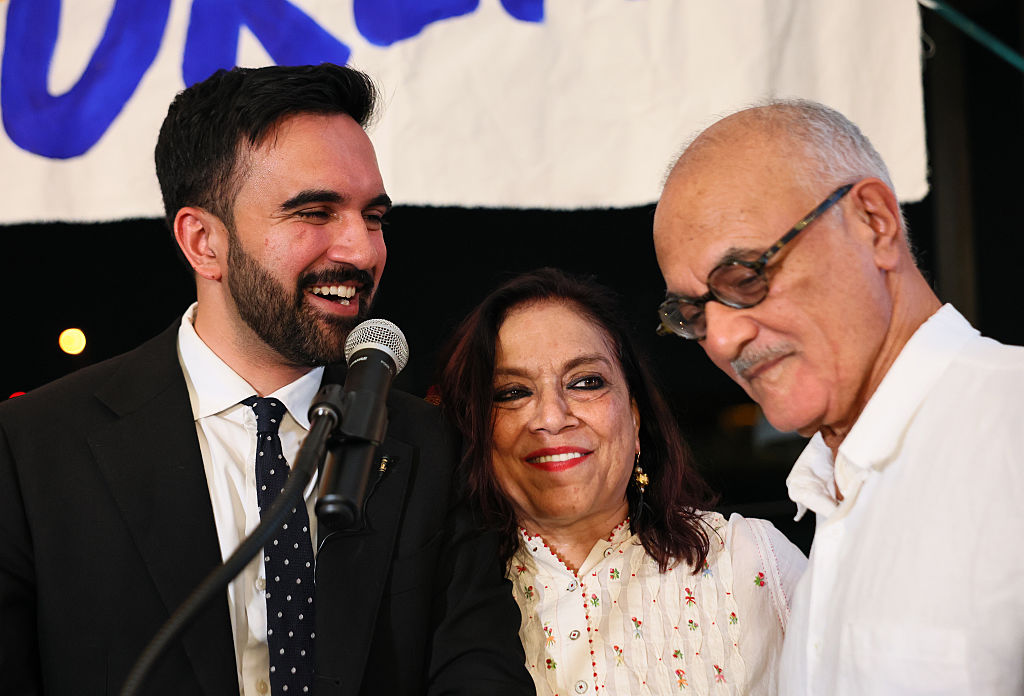









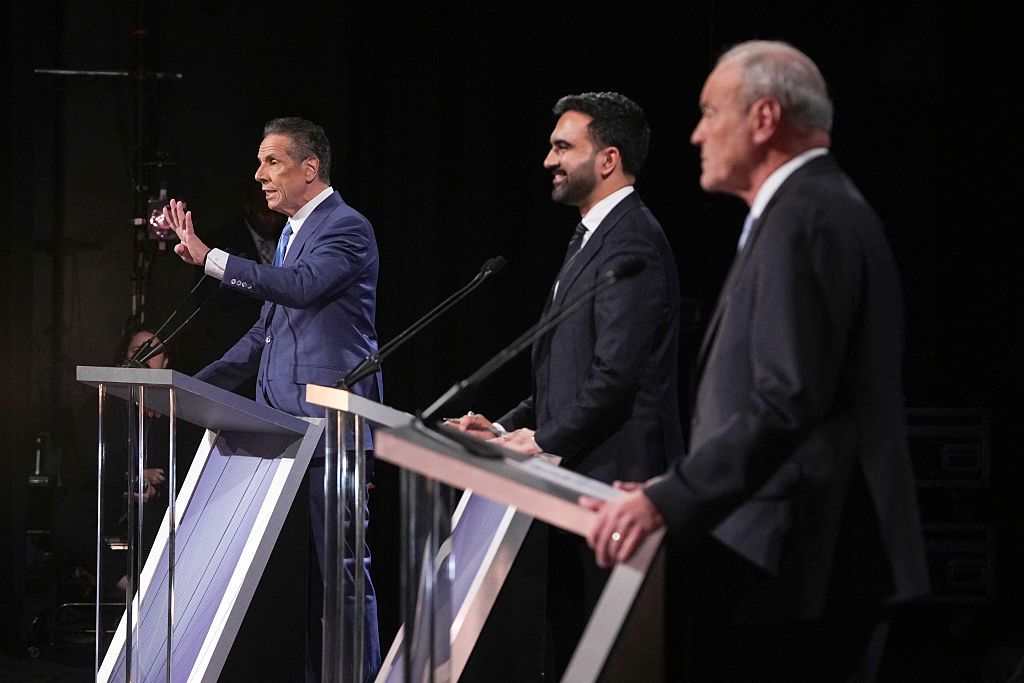
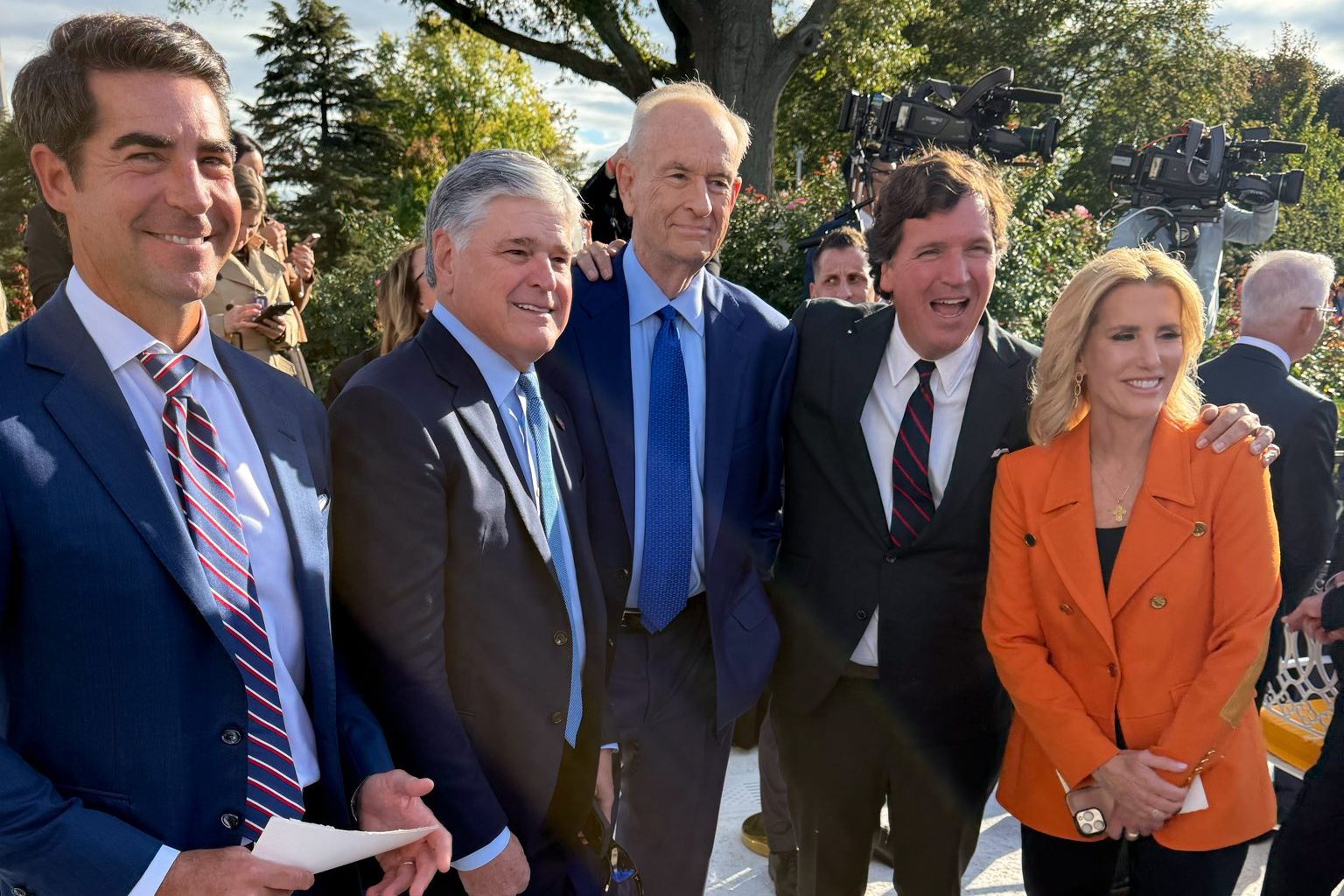
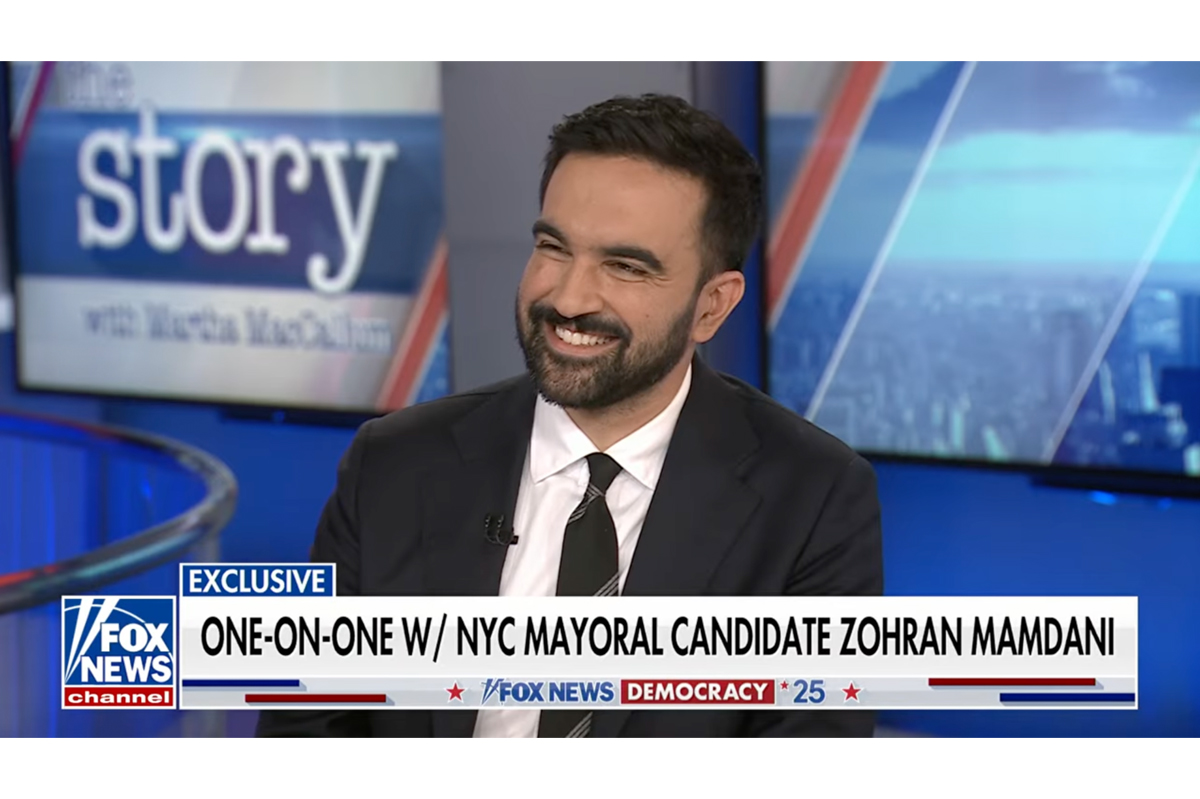
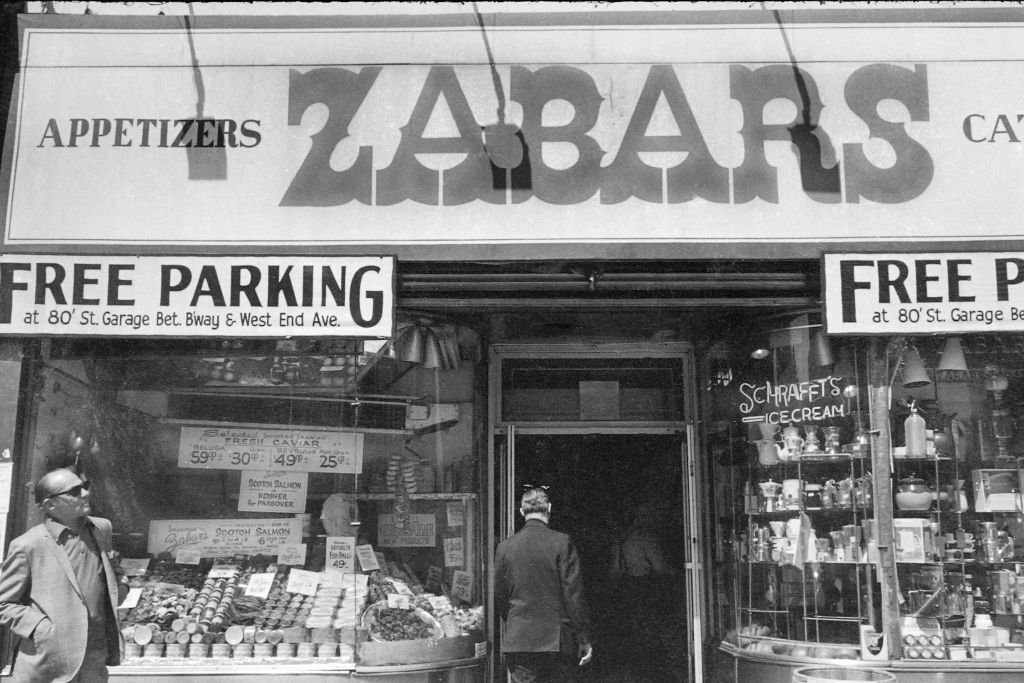
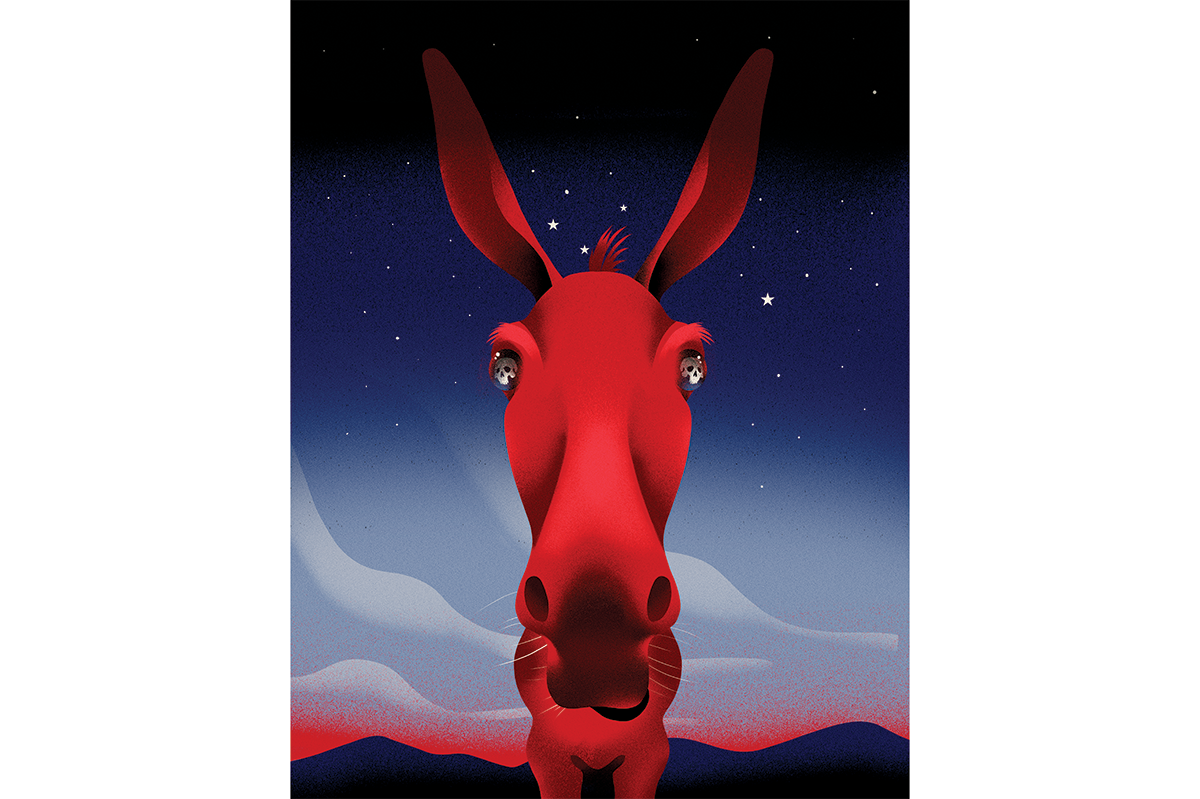
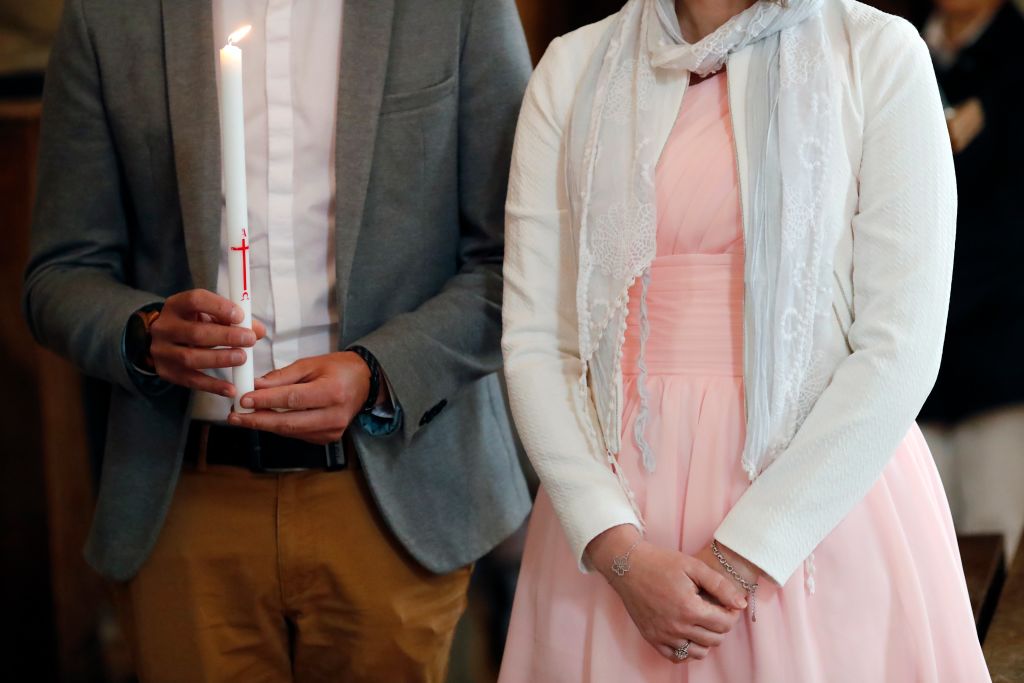







Leave a Reply